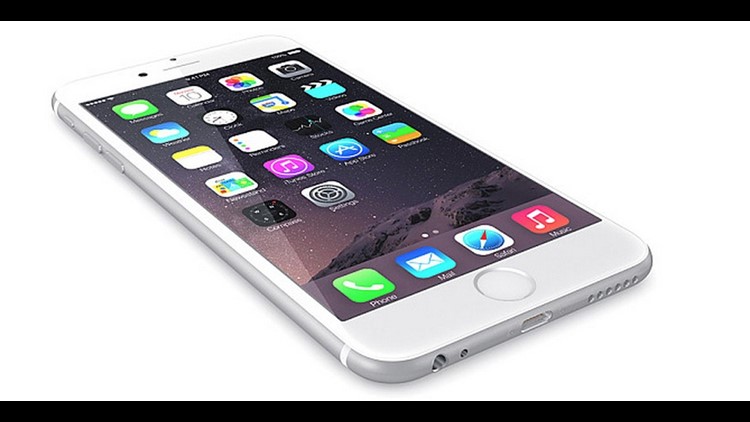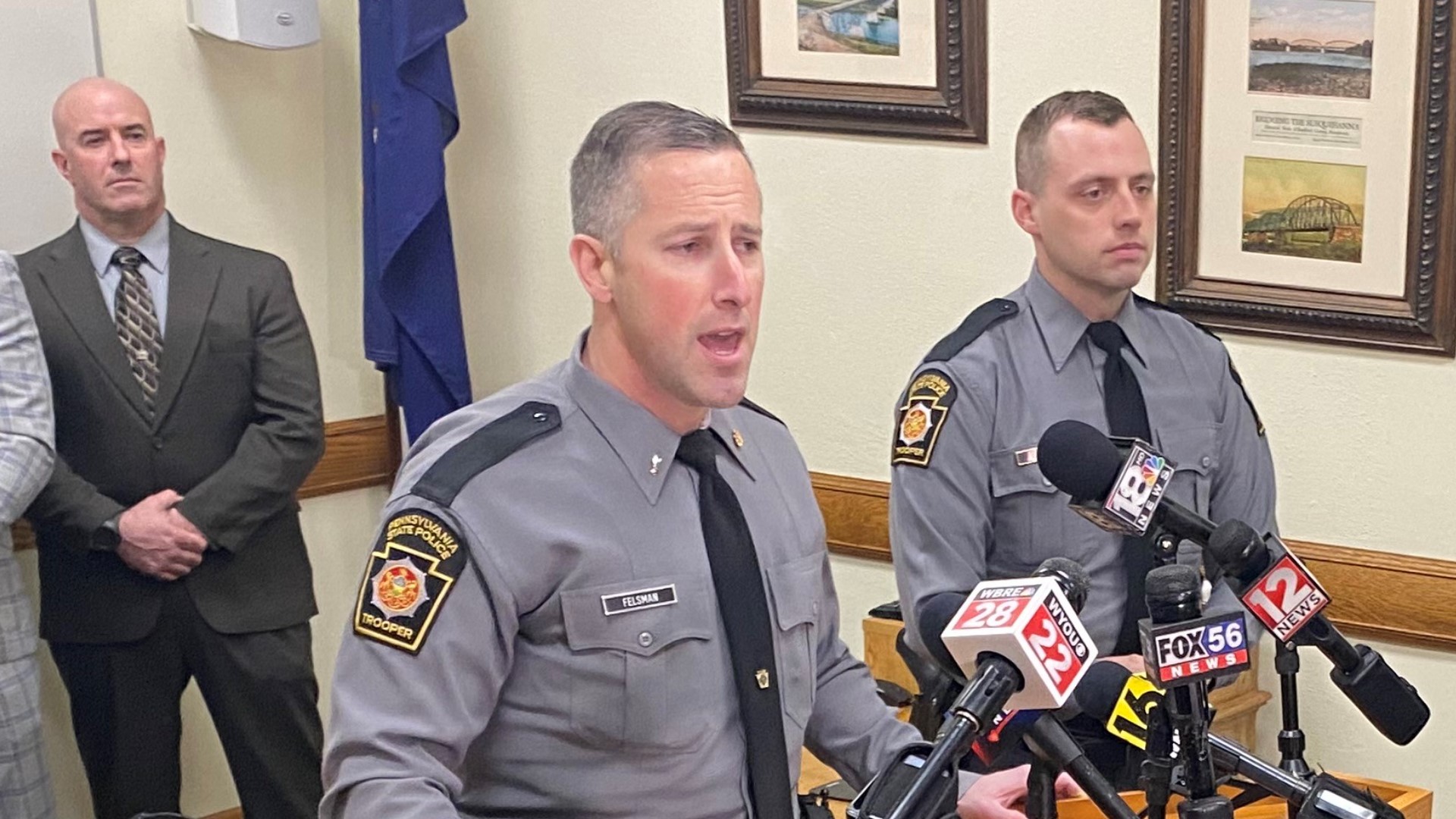The letter, signed by Apple’s CEO Tim Cook and published Tuesday, warns that complying with the order would entail building “a backdoor to the iPhone,” creating “something we consider too dangerous to create.”
“The government is asking Apple to hack our own users and undermine decades of security advancements that protect our customers — including tens of millions of American citizens — from sophisticated hackers and cybercriminals,” the letter reads.
Such a move would potentially render tens of millions of devices vulnerable.
“No reasonable person would find that acceptable.”
The letter called for a public discussion on the order, saying the company was “challenging the FBI’s demands with the deepest respect for American democracy and a love of our country.”
“We believe it would be in the best interest of everyone to step back and consider the implications,” the letter read.
Passcode thwarts investigators
A judge in California ordered Apple on Tuesday to help the FBI break into the phone of Syed Farook, one of the San Bernardino shooters.
Farook, along with his wife, killed 14 people in San Bernardino, California, in December. The couple was later killed in a shootout with police.
Authorities had obtained permission to retrieve data from the device.
However, investigators had been unable to search the device as it had been locked with a user-generated numeric passcode.
Apple’s operating systems included an auto-erase function that, when enabled, would result in the information on the device becoming permanently inaccessible after 10 failed attempts at inputting the passcode, the government wrote in documents seeking the order.
“We have made a solemn commitment to the victims and their families that we will leave no stone unturned as we gather as much information and evidence as possible. These victims and families deserve nothing less,” Eileen Decker, U.S. Attorney for the Central District of California, said in a statement in response to the court order.
“The application filed today in federal court is another step — a potentially important step — in the process of learning everything we possibly can about the attack in San Bernardino.”
Here’s the problem: Apple doesn’t hold the keys to the shooter’s iPhone. The only way to break through an iPhone’s encryption lock is with a passcode, which isn’t stored on Apple’s servers.
iPhone ‘backdoor’
Apple said that the FBI had requested that the tech giant produce a new version of the iPhone operating system which circumvented key security features to install on Farook’s phone.
“In the wrong hands, this software — which does not exist today — would have the potential to unlock any iPhone in someone’s physical possession,” Cook’s letter said.
If you leave a key under the mat — no matter how well hidden — it gives bad guys a potentially easy way in. Similarly, if the FBI can use a backdoor into your iPhone, hackers could too.
While the FBI did not describe this as a backdoor into the iPhone, complying with the request would “undeniably” create one, and limiting its use to the Farook case could not be guaranteed, it said.
“The government suggests this tool could only be used once, on one phone. But that’s simply not true. Once created, the technique could be used over and over again, on any number of devices,” it said.
“The same engineers who built strong encryption into the iPhone to protect our users would, ironically, be ordered to weaken those protections and make our users less safe,” the letter continued, adding it could find “no precedent for an American company being forced to expose its customers to a greater risk of attack.”
It might not sound like a big deal to be able to guess an iPhone passcode as many times as you’d like. There are 10,000 possible four-digit PINs.
But hackers have access to incredibly powerful computer networks called botnets, which would allow them to guess nine passwords per second, according to Dino Dai Zovi, an independent security consultant and notorious Apple hacker.
If Apple allowed that kind of “brute force” attack on an iPhone, it would take hackers 18 minutes at most to guess an iPhone’s password.
Apple: Implications ‘chilling’
Apple, which has helped the FBI with similar requests in the past, said in the letter that it had “great respect for the professionals at the FBI, and we believe their intentions are good.”
“We have no sympathy for terrorists,” it said, adding that it did not oppose the order lightly.
But it said that the FBI was proposing “an unprecedented use” of law dating from 1789 to justify an expansion of its authority, the implications of which were “chilling.”
“If the government can use the All Writs Act to make it easier to unlock your iPhone, it would have the power to reach into anyone’s device to capture their data,” it said.
“The government could extend this breach of privacy and demand that Apple build surveillance software to intercept your messages, access your health records or financial data, track your location, or even access your phone’s microphone or camera without your knowledge.”
The debate over iPhone encryption started in September 2014, when Apple released iOS 8. That was the first operating system to encrypt iPhones by default, giving customers the only means of decrypting their phones. That means the only way for police to retrieve a suspect’s photos, messages, email, contacts, call history, iTunes content, notes and reminders is with a passcode.
The FBI has been up in arms about Apple’s encryption tactics, arguing that it will impede its investigations. It has been pleading with Congress to pass a law requiring Apple to build backdoors into its system. The FBI’s demands have met stiff resistance, and the Obama administration said it would no longer pursue a legal strategy to combat Apple’s encryption.
But the judge’s order could shift the tide against Apple.
“While we believe the FBI’s intentions are good, it would be wrong for the government to force us to build a backdoor into our products,” Cook said. “And ultimately, we fear that this demand would undermine the very freedoms and liberty our government is meant to protect.”



